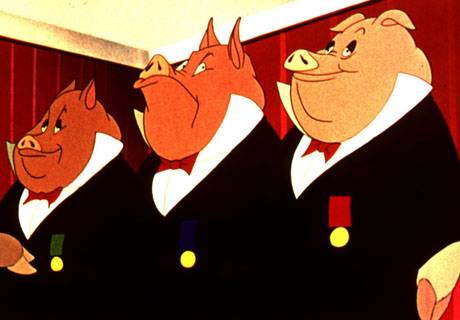If you missed out on the details of the trial we will sum it up for you. In the months leading up to the launch of the iPad 2 Apple got together with five publishers and brokered a deal with them to set prices above what Amazon was currently offering. In order to ensure that Amazon would not under sell them Apple suggested to the publishers that they might want to do something about it. The publishers then impressed upon Amazon that they would be moving to new prices and forced Amazon to comply. Apple was at the heart of this and the evidence in the case (including emails from Steve Jobs) bore this out. They were found guilty of conspiring to fix eBook prices.
Prior to the trial the five publishers cut deals with the US DoJ and testified against Apple (to a certain extent). It was only Apple that held out hoping to get out of trouble. Sadly for them this did not work and they found themselves in a losing case. The problem now is that it would seem all that trouble was for nothing. From the moment that Apple was found guilty they started the ball rolling to mitigate any consequences. The maintained that they were only following their standard business practices and should not be punished. The five original publishers, Macmillan, Hachette, Harper Collins, Simon & Schuster and Random House, even put their two cents in saying that it was unfair to restrict Apple from brokering the same type of deal they were just found guilty of. Now the judge in the case is also leaning that way saying that she will ensure that the penalty will “rest as lightly as possible” on Apple and their business practices.
Exactly what that means is anyone’s guess, but from looking at the current penalty it means that Apple will get a slap on the hand and not much more. There will be no deterrent for Apple or any other company to avoid trying to setup this type of anti-consumer business practice. Apple will be back to doing the same thing as soon as the time limit (now expected to be two years) expires and the publishers are probably already working on their proposals. The reasoning behind allowing Apple off easy escapes us. Why does Apple, as a corporation, get to skip out on the consequences of their actions when the same legal system wants to put people in jail (or fine them into bankruptcy)? In the end, although Apple was found guilty of committing a crime, we will not see any change in the way they do business and the consumer will still suffer when they move back to the same practices that were ruled in violation of current laws. Meanwhile consumers are finding their right to privacy, fair use, and many other items curtailed by more and more restrictive laws… it just does not seem right, does it?
Do you think this is fair? Tell us in our Forum
